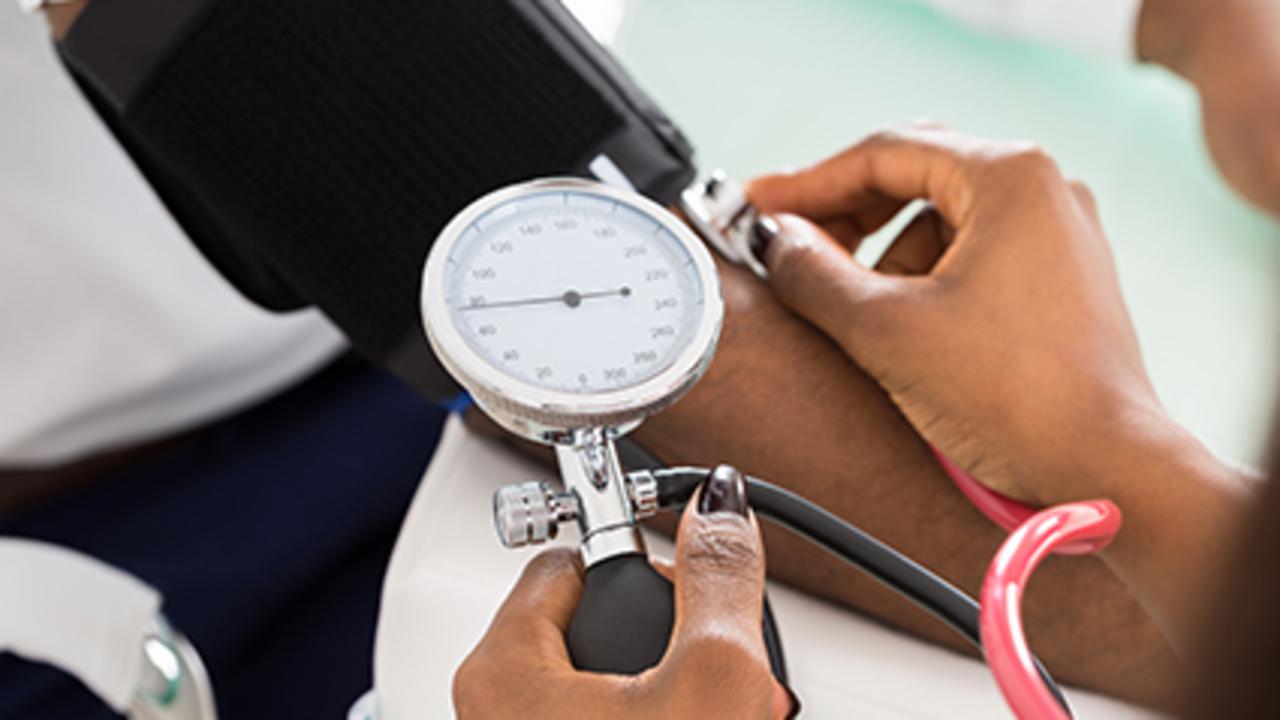
Younger Black Americans face particularly high risks of developing high blood pressure.
However, new research finds that when your peers are coaching you to get healthy, it’s more likely you’ll see your numbers improve.
The study of nearly 1,600 Black patients living in the southeastern United States found that having a peer coach help manage blood pressure worked even better than standard, doctor-centered care.
A lot of the improvement was due to folks simply remembering to take their blood pressure meds.
“We were not surprised to see this greater benefit in younger patients,” said first author and study lead Dr. Monika Safford. “We know this is a population that has more room for improvement, because they are less likely to take their medications regularly.”
Safford is chief of general internal medicine at Weill Cornell Medicine and NewYork-Presbyterian/Weill Cornell Medical Center, in New York City.
The study group consisted of Black Americans averaging 58 years of age, treated at rural health centers in Alabama and North Carolina. All had uncontrolled high blood pressure at the start of the study, which ran from 2016 through 2021.
Folks either received “usual care” for their hypertension (patients were educated about blood pressure and given a monitor to use at home), or they got usual care enhanced with peer coaches — non-clinicians who were trained to give participants information, support and encouragement over the phone.
Peer coaches were trained to help patients track and lower their blood pressure. Besides giving patients reminders to take daily medicines, outreach included guidance on helping them reduce their salt intake, boost exercise and reduce stress.
Peer coaches often added more to that effort, Safford noted.
“The peer coaches were able to suggest solutions that we never would have dreamed of, because they have such a deep understanding of their own communities,” she said.
The trial also had a “practice facilitation” arm, in which medical practices had their own coach helping them improve the quality of high blood pressure care.
Across the broad range of participants, neither type of care appeared to be better than the other, Safford’s group said — although most patients did seem to reap a benefit.
However, for younger patients — those under age 60 — those getting peer coaching or a combo of peer coaching and practice facilitation “experienced a medically significant reduction in systolic blood pressure compared with those who received only enhanced usual care,” according to a Weill Cornell news release.
Systolic pressure is the top number in a blood pressure reading, and younger patients who got peer coaching saw an average five-point lowering of that number.
“The improvements that we saw were important, especially because there was no new medication needed,” Safford noted. “On a population level, this type of improvement translates into fewer strokes and heart attacks.”
She is convinced that peer coaching could help patients with issues that go beyond high blood pressure.
“These populations have trust issues with the healthcare system, but they trust other people from their own community,” Safford explained. “Leveraging that trust can have a very positive impact. It also helps create jobs for people in these communities.”
The findings were published March 18 in JAMA Internal Medicine.
More information
Find out more about controlling your high blood pressure at the American Heart Association.
SOURCE: Weill Cornell Medicine, news release, March 18, 2024
Source: HealthDay

Leave a Reply